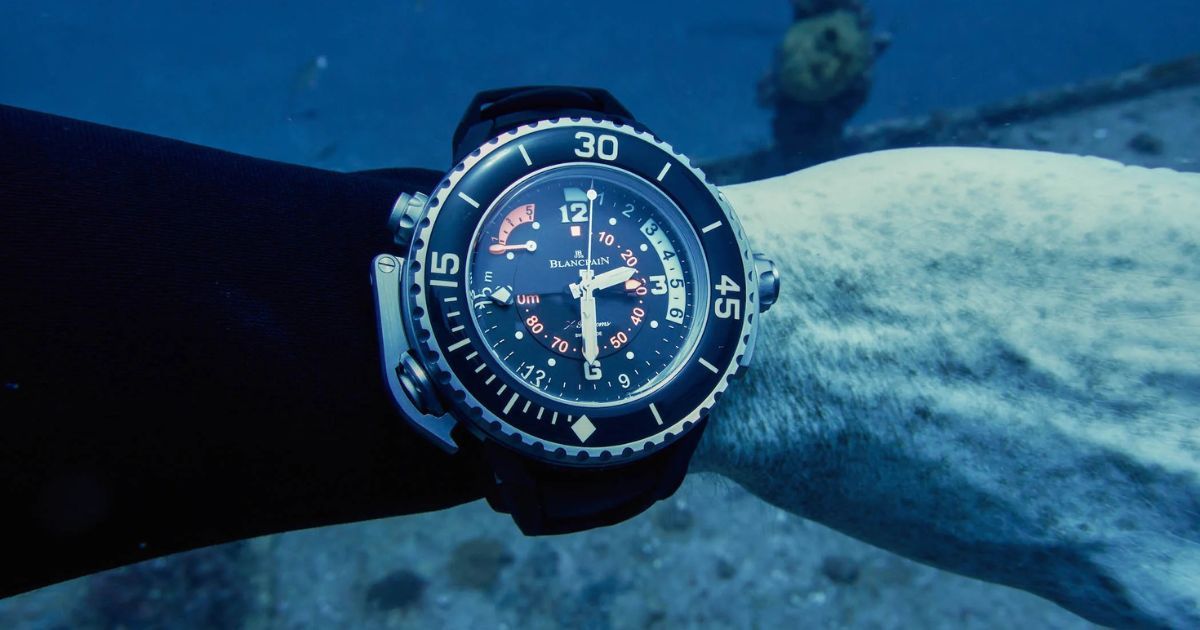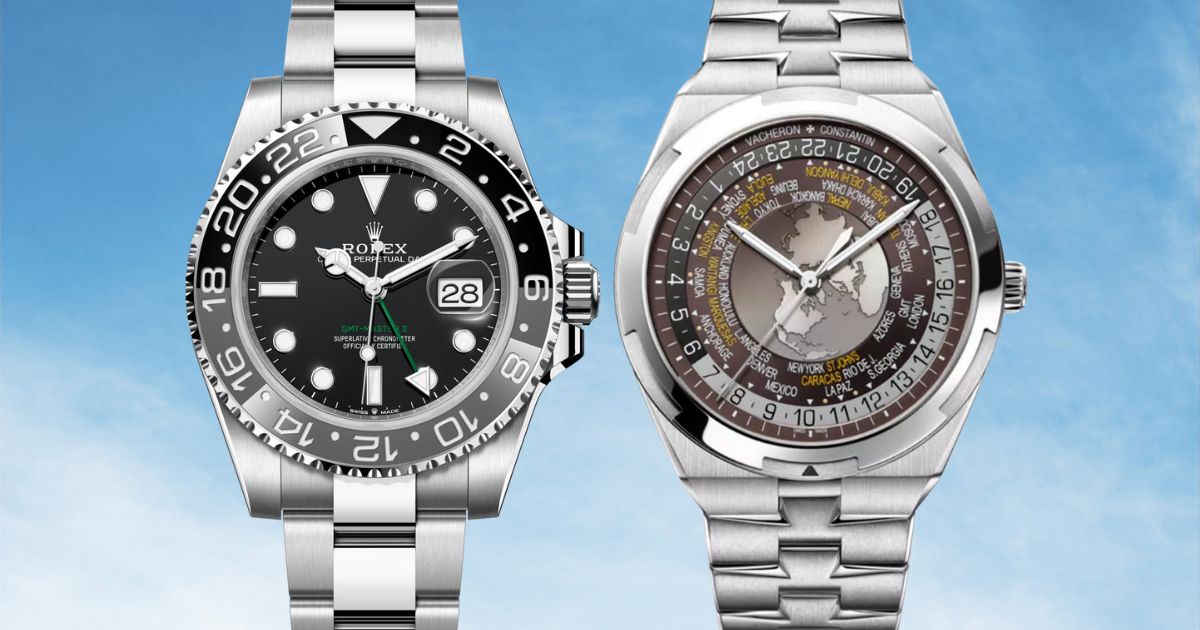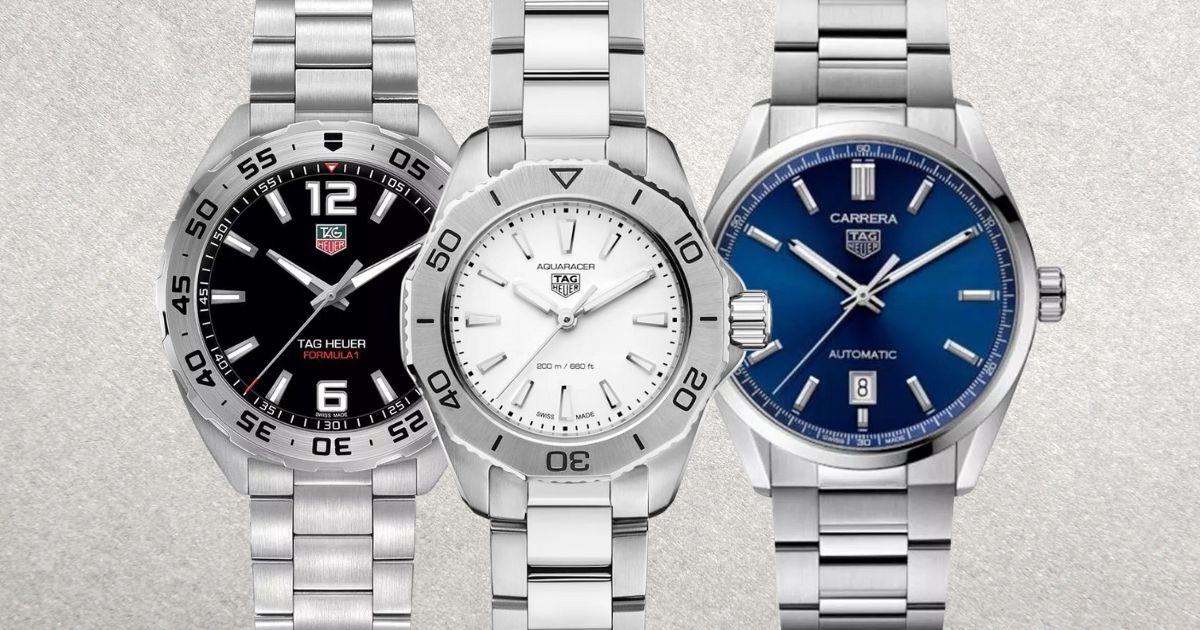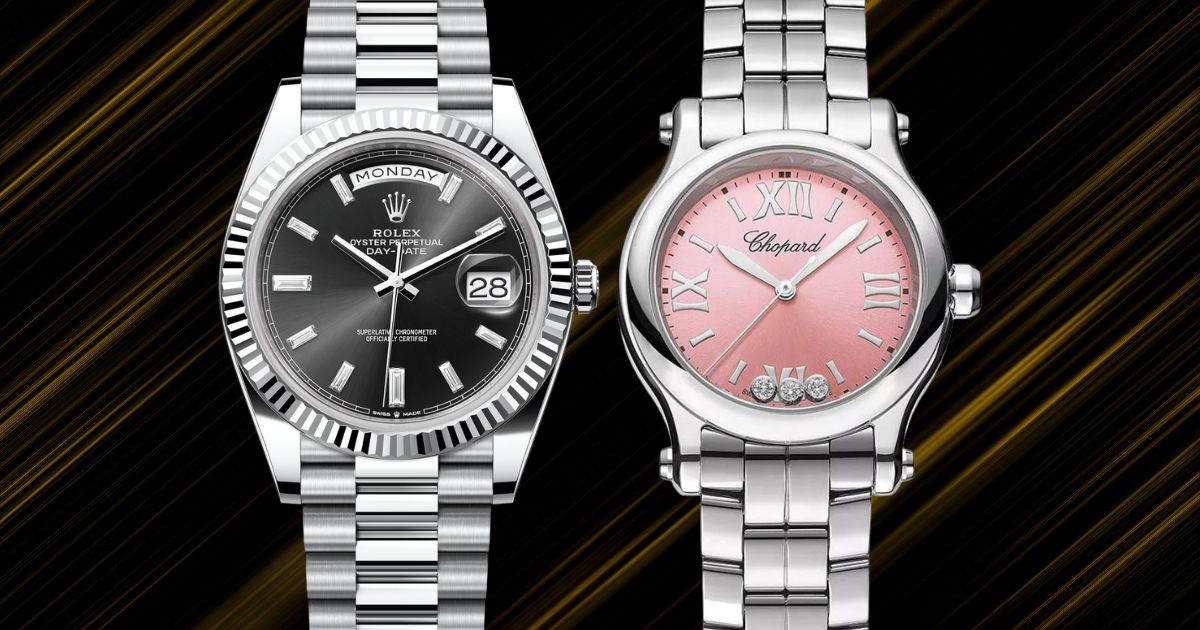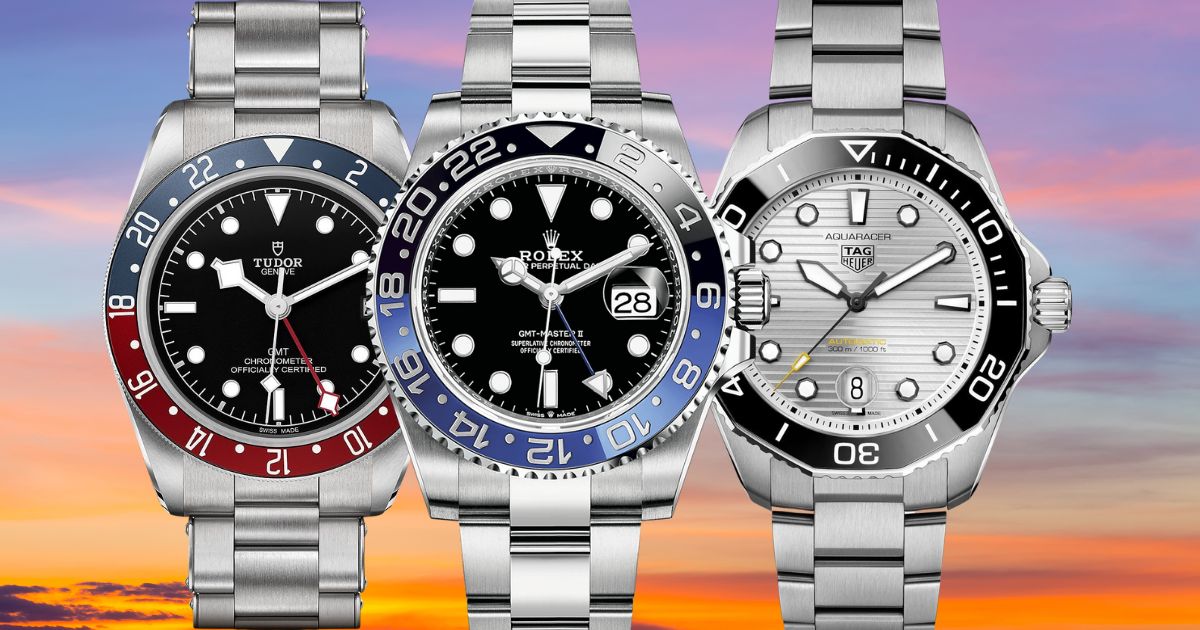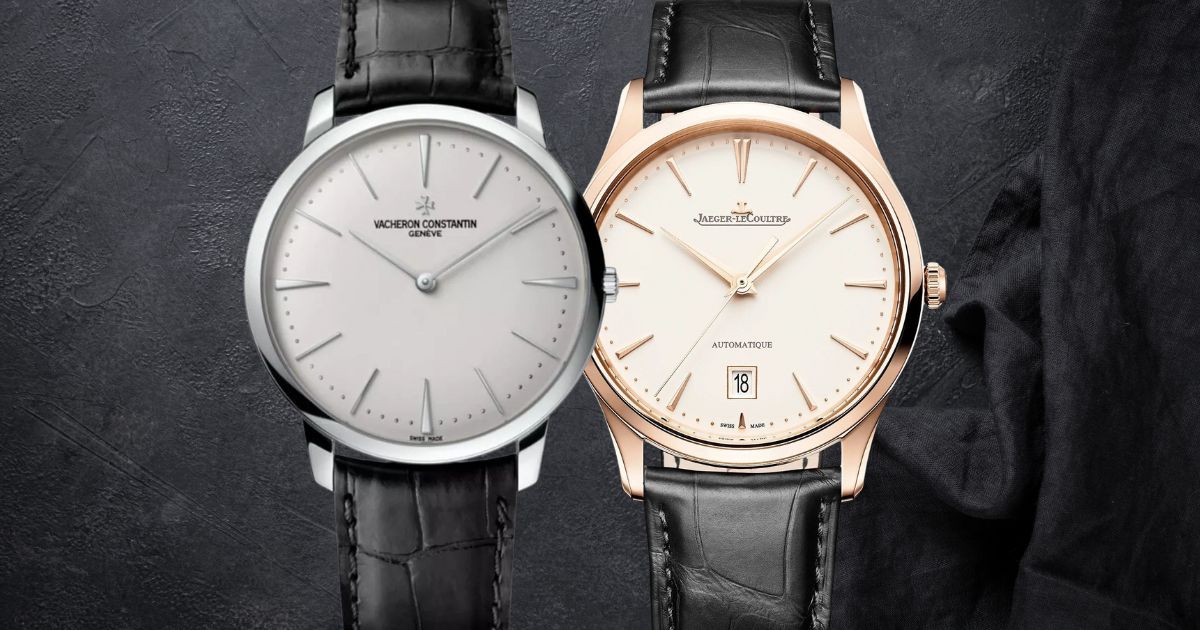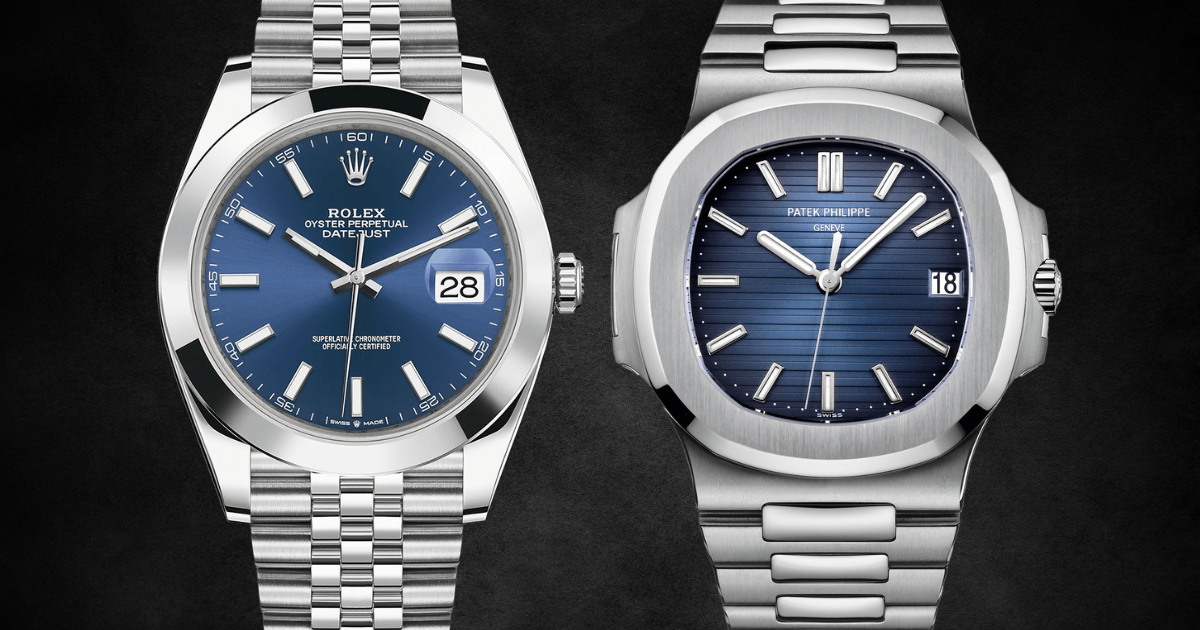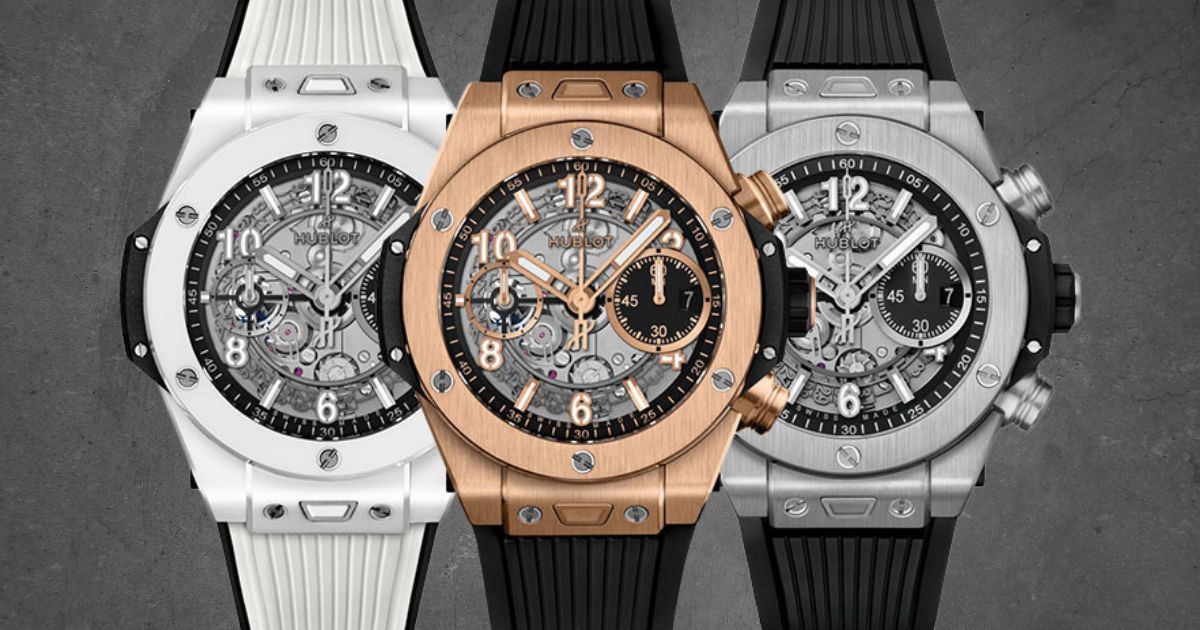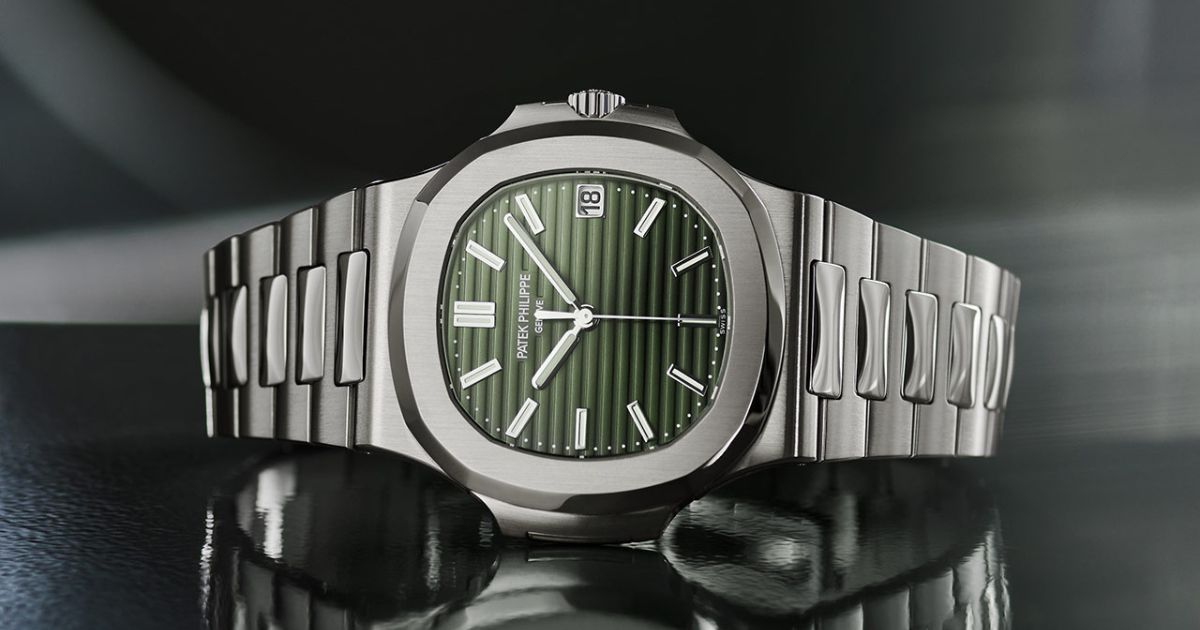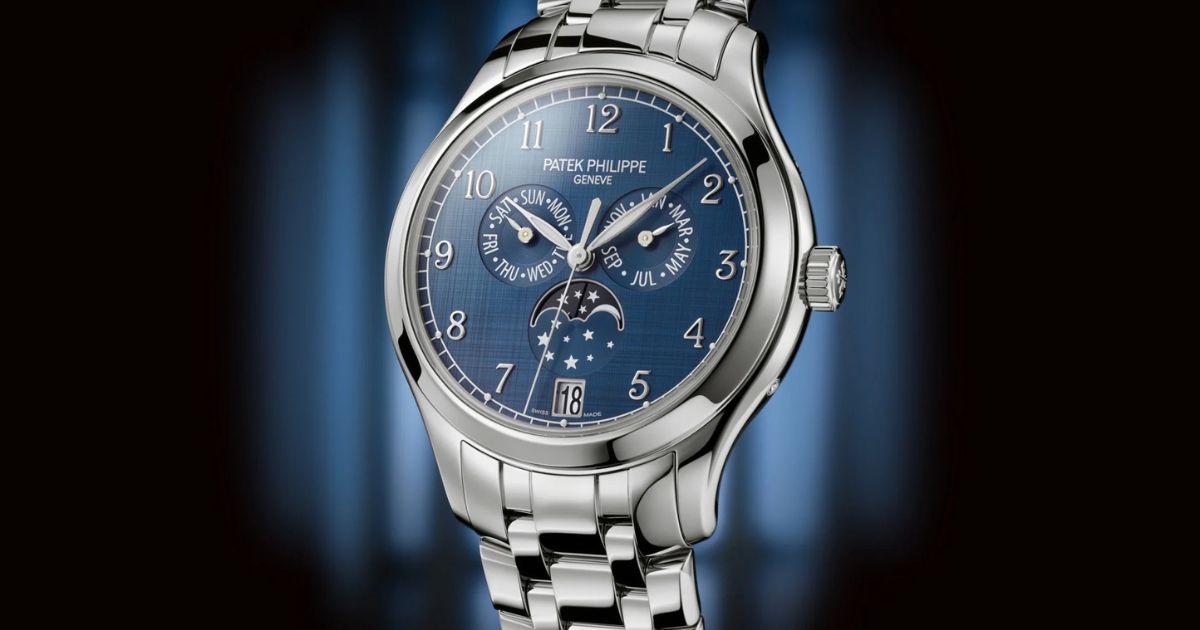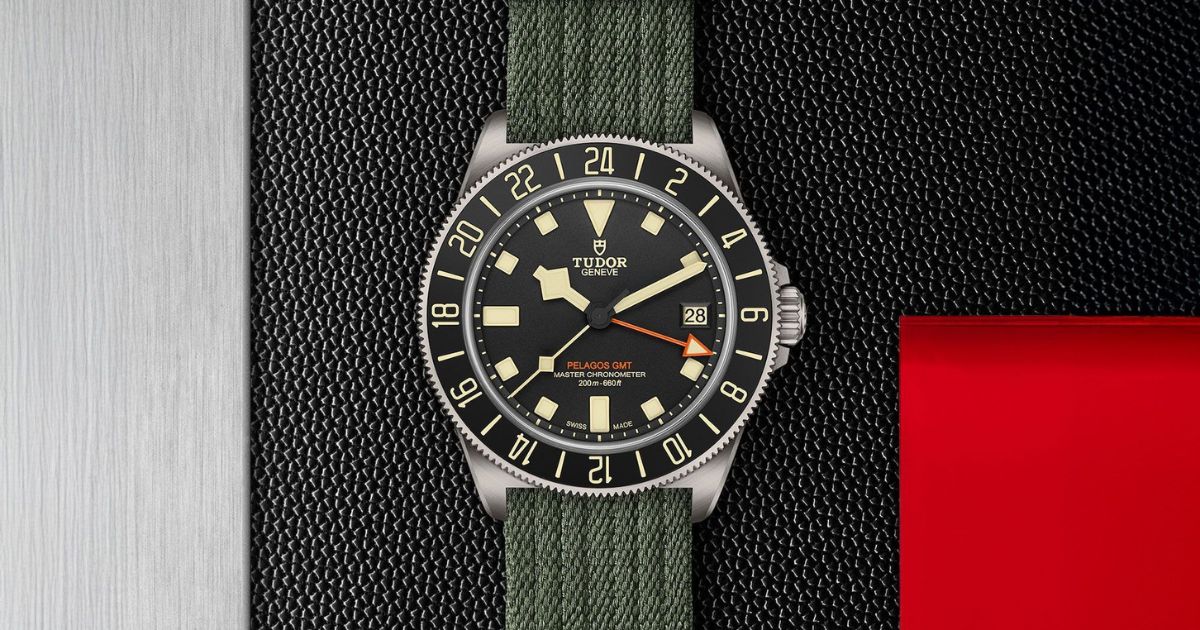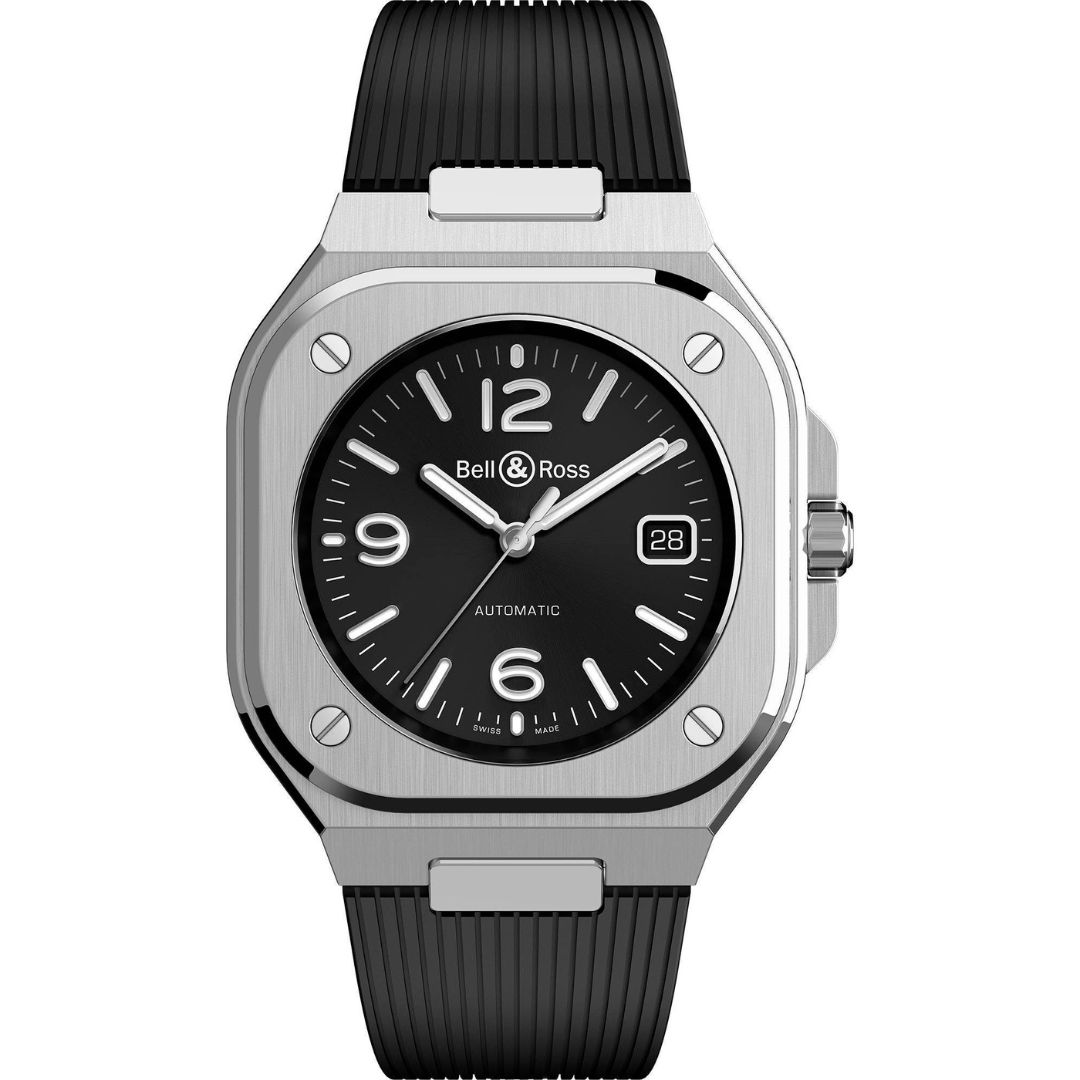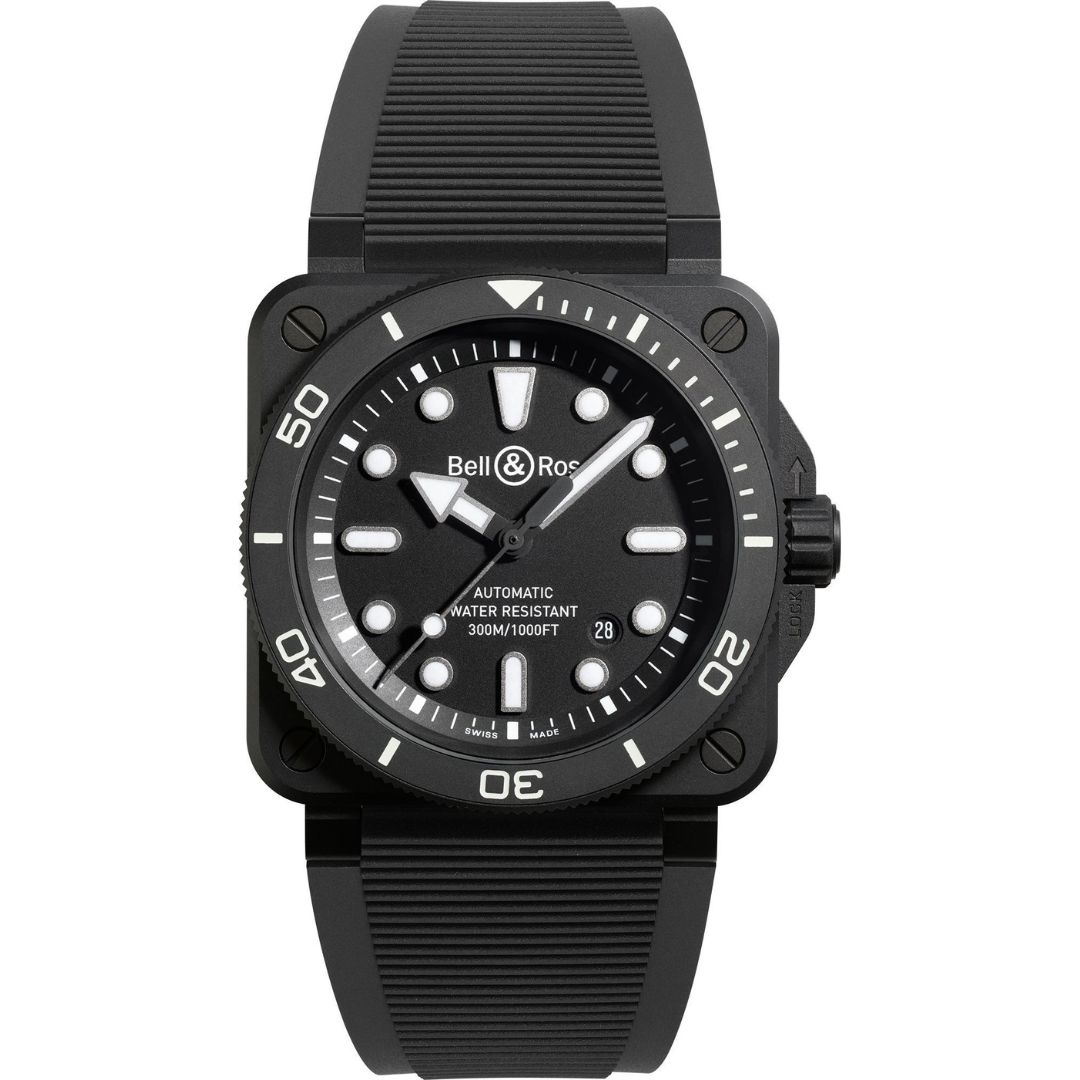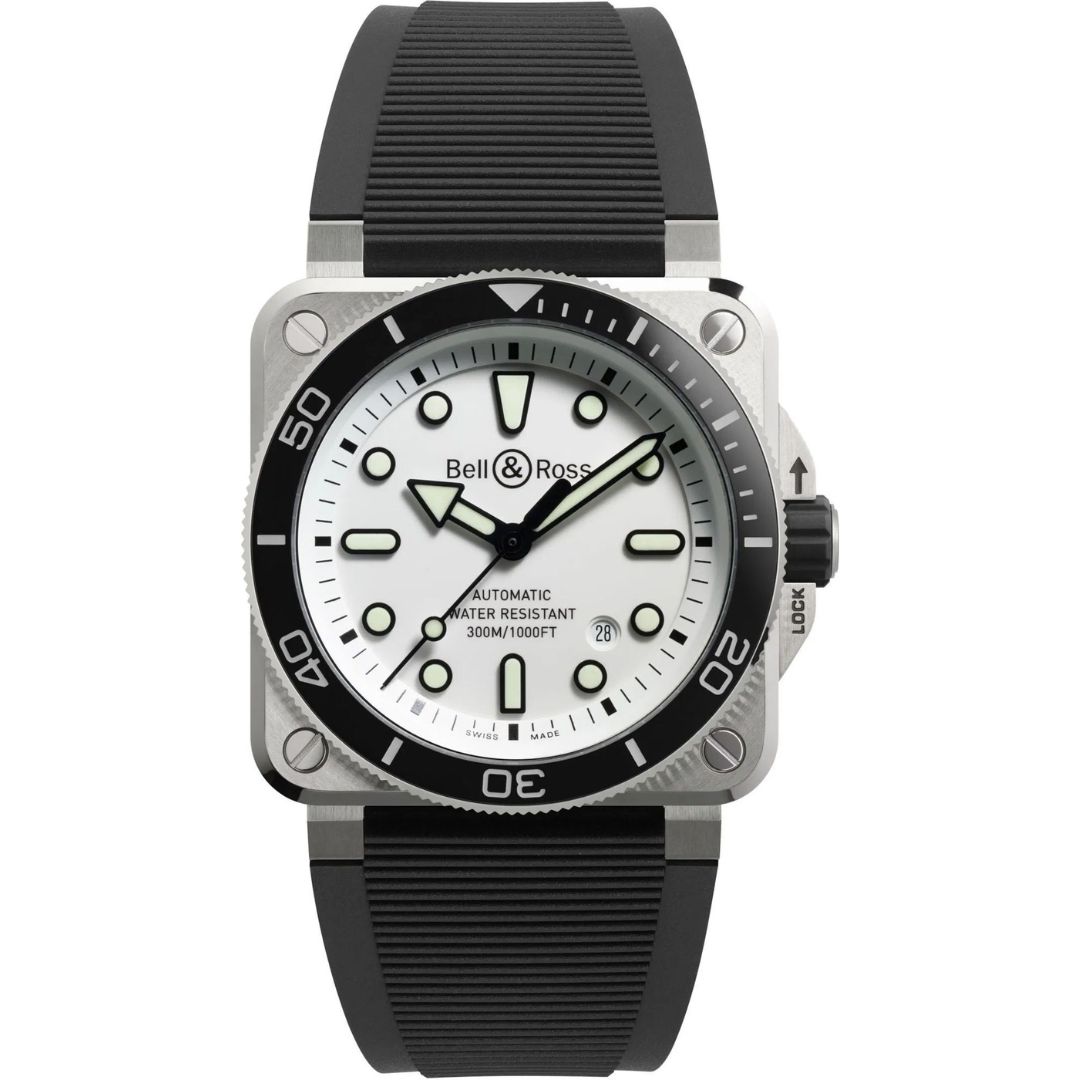Dive watches are more than just timepieces; they are a testament to human ingenuity, engineering excellence, and adventure. Originally designed as essential tools for professional divers, they have evolved into symbols of rugged sophistication and style. From the early waterproof watches of the 1920s to the high-tech dive computers of today, the journey of the dive watch is a fascinating one.
In this blog post, we’ll explore the evolution of the dive watch, examining key milestones, technological advancements, and the iconic models that have defined this category.
The Early Days: Waterproofing the Wristwatch
Before the dive watch became a specialized tool, watchmakers were already experimenting with water resistance.
1926: Rolex Oyster – The First Waterproof Watch
Rolex made history with the Oyster, the first commercially successful waterproof watch. Its hermetically sealed case, secured with a screw-down crown and case back, set the foundation for future dive watches. While not a dedicated dive watch, the Oyster proved that wristwatches could withstand moisture.
1932: Omega Marine – The First Purpose-Built Dive Watch
Omega introduced the Marine, the first wristwatch explicitly designed for underwater use. It featured a double-case design that provided extra protection against water intrusion. Though primitive by today’s standards, it was a crucial step forward.
The Birth of the Modern Dive Watch (1950s-1960s)
The post-WWII era saw rapid advancements in underwater exploration, military diving, and recreational scuba diving. Watchmakers responded with purpose-built dive watches that met stringent requirements.1953: Blancpain Fifty Fathoms – The First True Dive Watch
Developed in collaboration with French combat divers, the Fifty Fathoms (named after the maximum depth a diver could safely reach at the time) set the blueprint for modern dive watches. Key features included:
- Rotating bezel (to track dive time)
- High legibility (luminous markers)
- 200m water resistance
It became the official watch of the U.S. Navy SEALs and French combat divers.
1954: Rolex Submariner – The Icon Is Born
Rolex answered with the Submariner, the most famous dive watch of all time. Initially rated for 100m, later models increased to 300m. The Submariner introduced:
- A unidirectional rotating bezel (preventing accidental overestimation of dive time)
- A Mercedes-style hands (for better visibility)
- A rugged Oyster case
James Bond famously wore a Submariner in early films, cementing its legendary status.
1956: Omega Seamaster 300 – A Rival Emerges
Omega’s Seamaster 300 (not to be confused with today’s Seamaster Diver 300M) was another milestone. It featured:
- A broad arrow hour hand
- A bidirectional bezel (later updated to unidirectional for safety)
- A rugged case design
It was favored by military divers and set the stage for Omega’s future dive watch innovations.
The Rise of Professional Dive Watches (1970s-1980s)
As recreational and commercial diving grew, so did the demand for watches that could handle extreme depths.
1970: Rolex Sea-Dweller – For Saturation Divers
The Sea-Dweller was Rolex’s answer to saturation diving. Key upgrades over the Submariner included:
- A helium escape valve (to prevent crystal popping during decompression)
- Increased water resistance (610m, later 1,220m)
It became the watch of choice for professional deep-sea divers.
1975: Omega Seamaster Ploprof – The Beast
The Ploprof (short for Plongeur Professionnel) was Omega’s ultra-robust dive watch, designed for professional use. It featured:
- A monobloc case (for extreme pressure resistance)
- A unique bezel locking mechanism
- 600m water resistance
Its unconventional design made it a cult favorite.
1983: IWC Ocean 2000 – Built for the German Navy
IWC collaborated with the German Navy to create the Ocean 2000, featuring:
- A titanium case (lightweight yet durable)
- 2000m water resistance
- A clean, functional design
This watch demonstrated how military needs drove innovation.
The Quartz Revolution & Dive Computers (1980s-1990s)
The rise of quartz technology and digital dive computers threatened mechanical dive watches, but they adapted.
1978: Citizen Promaster Aqualand – The First Digital Dive Watch
Citizen’s Aqualand was the first watch with an integrated electronic depth sensor, bridging the gap between traditional dive watches and modern dive computers.
1993: Omega Seamaster Professional 300M – The Bond Effect
Omega revitalized the mechanical dive watch with the Seamaster Professional 300M, famously worn by Pierce Brosnan in GoldenEye. Features included:
- A wave-pattern dial
- A helium escape valve
- 300m water resistance
Its success proved that mechanical dive watches still had a place in the digital age.
The Modern Era (2000s-Present)
Today’s dive watches blend heritage with cutting-edge technology.
2005: Rolex Deepsea – Pushing Limits
The Rolex Deepsea shattered records with 3,900m water resistance, thanks to its Ringlock System—a reinforced case architecture.
2019: Omega Seamaster Planet Ocean Ultra Deep – Breaking Records
Omega’s Ultra Deep accompanied Victor Vescovo to the Mariana Trench (10,928m), proving that mechanical watches could survive the deepest points on Earth.
Smart Dive Watches: Garmin Descent & Others
Modern smartwatches like the Garmin Descent integrate GPS, dive logging, and air integration, appealing to tech-savvy divers.
Conclusion: From Tool to Timeless Icon
The dive watch has evolved from a utilitarian device to a symbol of adventure, precision, and style. While modern dive computers handle most professional needs, mechanical dive watches remain beloved for their craftsmanship and heritage.
Whether it’s a vintage Rolex Submariner, a high-tech Omega Ultra Deep, or a rugged Garmin Descent, the dive watch continues to captivate collectors, adventurers, and watch enthusiasts alike.






























